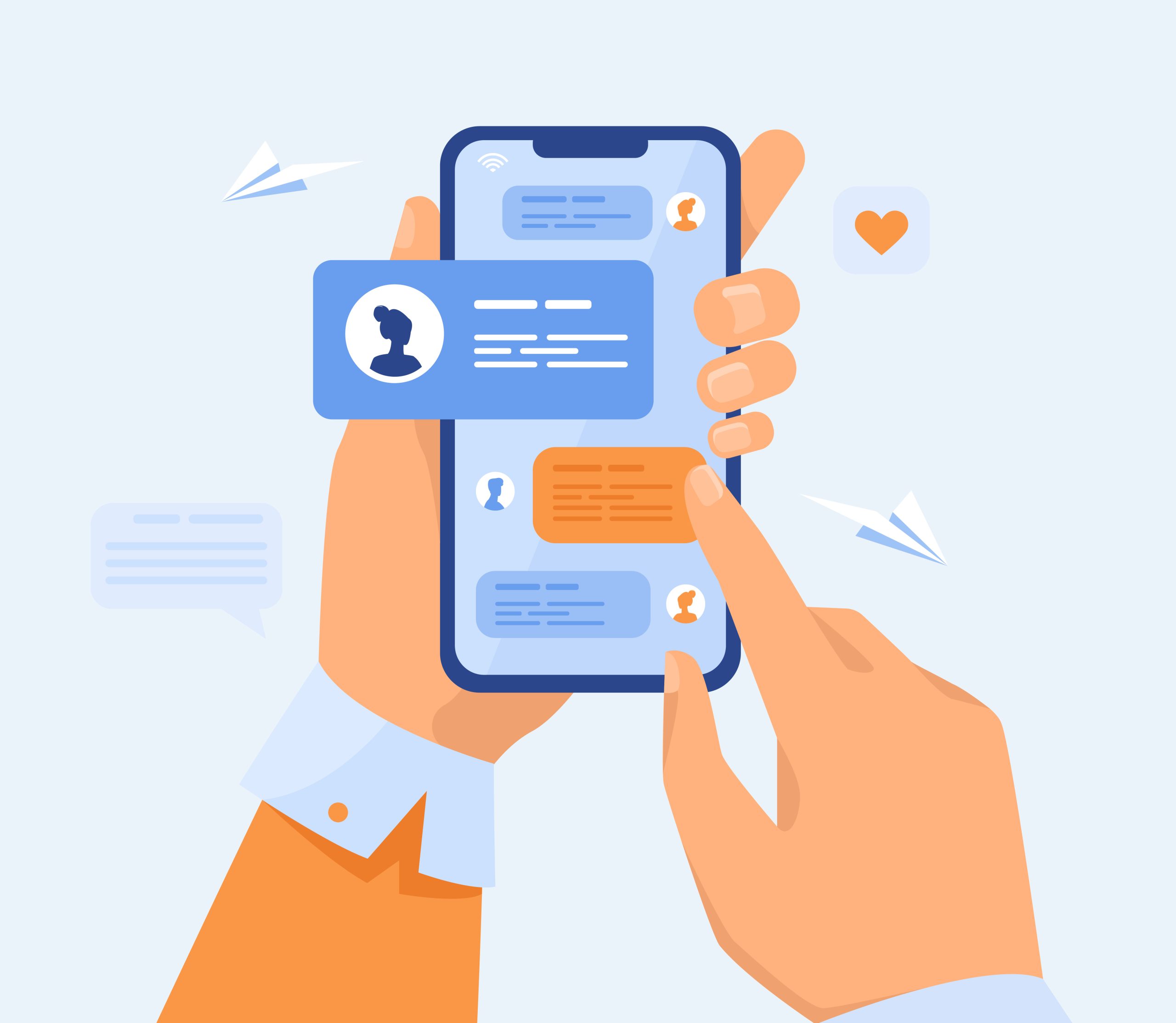Artificial Intelligence (AI) is revolutionizing many industries and mobile app development is no exception. AI helps in bringing smarter, more intuitive, and personalized experiences to users. This technology has permeated various aspects of app development and usage.
AI also aids in improving everything from user interactions to backend processes with the help of a mobile app development company in Chennai. In this comprehensive blog, we will explore how AI is integrated into mobile apps, its benefits, and some notable examples that depict its impact.
Understanding Artificial Intelligence
AI, at its core, refers to the simulation of human intelligence in machines that are programmed to think and learn like humans. It encompasses several subfields, including machine learning (ML), natural language processing (NLP), and computer vision, each contributing uniquely to the functionality of mobile apps.
AI helps you uniquely to the needs of your mobile app development process. Now, let’s have a look at some of the technologies that can aid in the mobile app development process in a bit more detailed manner.
Key AI Technologies in Mobile Apps
Machine Learning (ML)
ML algorithms enable apps to learn from user behavior and preferences, delivering highly personalized content and recommendations. For example, Netflix and Spotify use ML to suggest movies and music tailored to individual user tastes. Additionally, apps like Google Maps utilize ML to predict traffic patterns and provide optimized routes.
Natural Language Processing (NLP)
NLP allows apps to understand and respond to human language. Voice assistants like Siri, Google Assistant, and Alexa leverage NLP to interpret and execute voice commands. Similarly, many customer service apps employ NLP-based chatbots to offer instant support and handle user queries.
Augmented Reality (AR)
This technology allows apps to interpret and understand visual information from the world. Apps like Google Photos and Snapchat use computer vision for image recognition, enabling features such as facial recognition and augmented reality (AR) filters. E-commerce apps also use computer vision to scan barcodes and recognize products.
Benefits of AI in Mobile Apps
Improved User Experience
AI tailors the app experience to individual users, making interactions more personalized and engaging. For instance, voice assistants and chatbots provide quick and efficient responses, improving user satisfaction. Mobile app development companies in Chennai can help you achieve this with their expertise.
Improved App Performance
AI analyzes vast amounts of data to provide insights that help optimize app functionality. Predictive maintenance powered by AI ensures the app runs smoothly by identifying and addressing potential issues before they escalate.
Increased Revenue
AI-driven personalized recommendations and targeted advertising enhance user engagement and conversion rates. For example, e-commerce apps use AI to suggest products based on user behavior, boosting sales and customer loyalty.
Efficient Resource Management
AI helps in managing resources effectively by predicting user behavior and app usage patterns. This allows developers to allocate resources dynamically, ensuring optimal performance and cost efficiency.
Advanced Analytics
AI provides deep insights through advanced analytics, enabling developers to understand user behavior better and make data-driven decisions. This helps in refining app features and improving user retention.
Fraud Detection and Security
AI enhances app security by detecting and preventing fraudulent activities in real time. Machine learning algorithms can identify unusual patterns and behaviors, ensuring a safer user experience.
Automation of Repetitive Tasks
AI automates mundane and repetitive tasks, freeing up developers to focus on more critical aspects of app development. This increases productivity and accelerates the development process and of course Mobile app development companies in Chennai help you achieve this as well.
Real-Time Translation
NLP allows for real-time language translation within apps, making them accessible to a global audience. This feature is particularly useful for travel and social networking apps.
Accessibility
AI-powered features like voice recognition and text-to-speech make apps more accessible to users with disabilities, ensuring a more inclusive user experience.
Notable Examples of AI in Mobile Apps
Netflix
Netflix uses ML algorithms to analyze user viewing habits and preferences, delivering personalized content recommendations. AI also helps Netflix optimize streaming quality based on the user’s device and network conditions.
Spotify
Spotify employs AI to curate personalized playlists such as Discover Weekly, based on user listening history and preferences. NLP allows users to search for songs and artists using natural language queries.
Google Maps
ML algorithms in Google Maps analyze real-time traffic data to provide accurate traffic predictions and optimized routes. AI also suggests nearby places of interest based on user preferences and location history.
Amazon
Amazon’s Alexa uses NLP to understand voice commands for shopping, allowing users to make purchases using voice alone. AI also analyzes user browsing and purchase history to recommend products.
Snapchat
Snapchat uses computer vision to power its AR filters, enabling real-time facial recognition and overlaying digital effects on users’ faces. AI helps curate personalized content for users, enhancing engagement with Stories and Discover sections.
Conclusion
There’s no denying that artificial Intelligence is playing a transformative role in modern mobile apps, driving innovation and enhancing user experiences. By reaching out to mobile app development companies in Chennai, you can leverage these technologies for your business as well.

